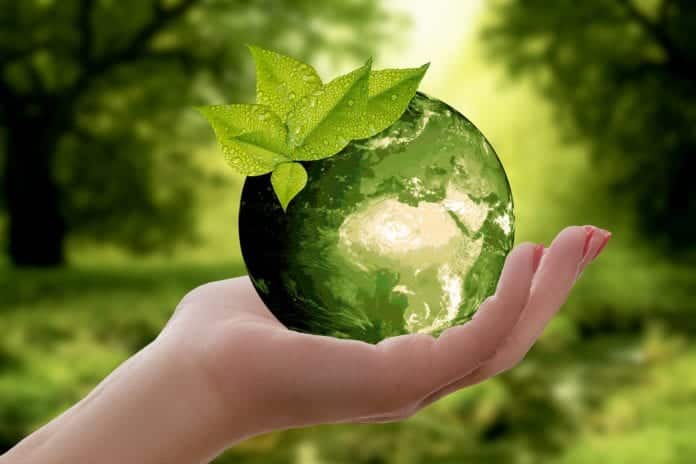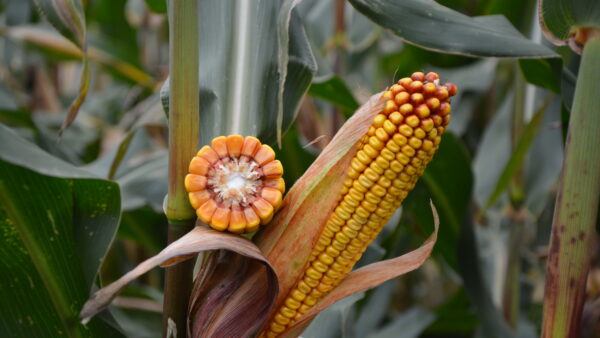I read an interesting document the other day from the International Institute for Applied Systems Analysis (IIASA) entitled “How Can We Feed the World Without Overwhelming the Planet?” Their suggestion? Explore different ways to end hunger by reducing the inequalities in access to food rather than increasing agricultural production, therefore reducing the potential conflicts with environmental protection.
The first method they suggest was to focus on bridging the nutritional gap of the undernourished and over nourished populations through government strategies, such as school feeding programs and vouchers for food. A plan such as this would only need a 3% increase in agricultural production internationally. It is a way to more evenly distribute the calories around the world where obesity in the western world is a problem to the third world where malnutrition is the problem.
This paper also shows that if equity of food distribution is accompanied by a reduction in over consumption and food waste, as well as improvements in agricultural production technologies, this could lead to an eradication of undernutrition as well as a reduction in agricultural production. This would lead to improved environmental sustainability.
So, to end world hunger without having negative effects on the environment, policies would need to address hunger, food waste and over consumption, as well as research to increase crop yields.
Asking Questions
One question that this paper brought to mind: Are farmers getting paid the real value of what the food really costs? Currently, we tend to put a value on a product that is purely calculated in economic terms. What are the inputs and what are the outputs? But do we put a value on everything along the chain? Let’s take into account the environment. Is there a value put onto a product if there is an environmental cost that occurs in its production? If the farmer uses practices that are improving the health of their soil, are they rewarded for this in the price they are paid for their product? An example of this would be using no-till methods to increase soil carbon, thereby lowering greenhouse gases.
Losses in agricultural production are sometimes related to supply and demand. A farmer knows that if they oversupply a market, this may lead to a decrease in price. Therefore, they may throw out some of their produce to prevent this drop-in price below what it costs the farmers to produce it. The lack of open markets may also see farmers in developing countries having their stores flooded with subsidized produce from the western world but they in turn cannot sell their produce into western supermarkets due to tariff laws.
What about the cost of the social implications of farming? If farmers were to give up their trade and move to the cities to look for alternative work, how would the populations of the cities be fed? There are many books that suggest that the world’s growing populations in cities can be fed through urban farming, but on a large scale this would not be achievable.
The world has forgotten the importance of the farmer. Civilization as we know it today started with the development of agriculture. So, the question must be asked: Are we paying the real value for the food we eat? With the arrival of the first fleet in Australia, wheat was valued at approximately $700 per ton. Today it is worth around $330 per ton. This decrease is partly due to improvements in agricultural production practices, but there may be other factors involved. There is a linkage disequilibrium between consumers and farmers. We have all read stories about farm life to our children. Through school, there is a loss of this link to farming to a point that some high school children believe that food is created in the supermarket and not on the farm.
So, what is the solution? I believe it is to bring back the education of food into our schools. Show children where it comes from, take them out to the farms so they have more value for the food that they consume. This will create a better understanding of the important role that farmers perform in our worldwide community.













